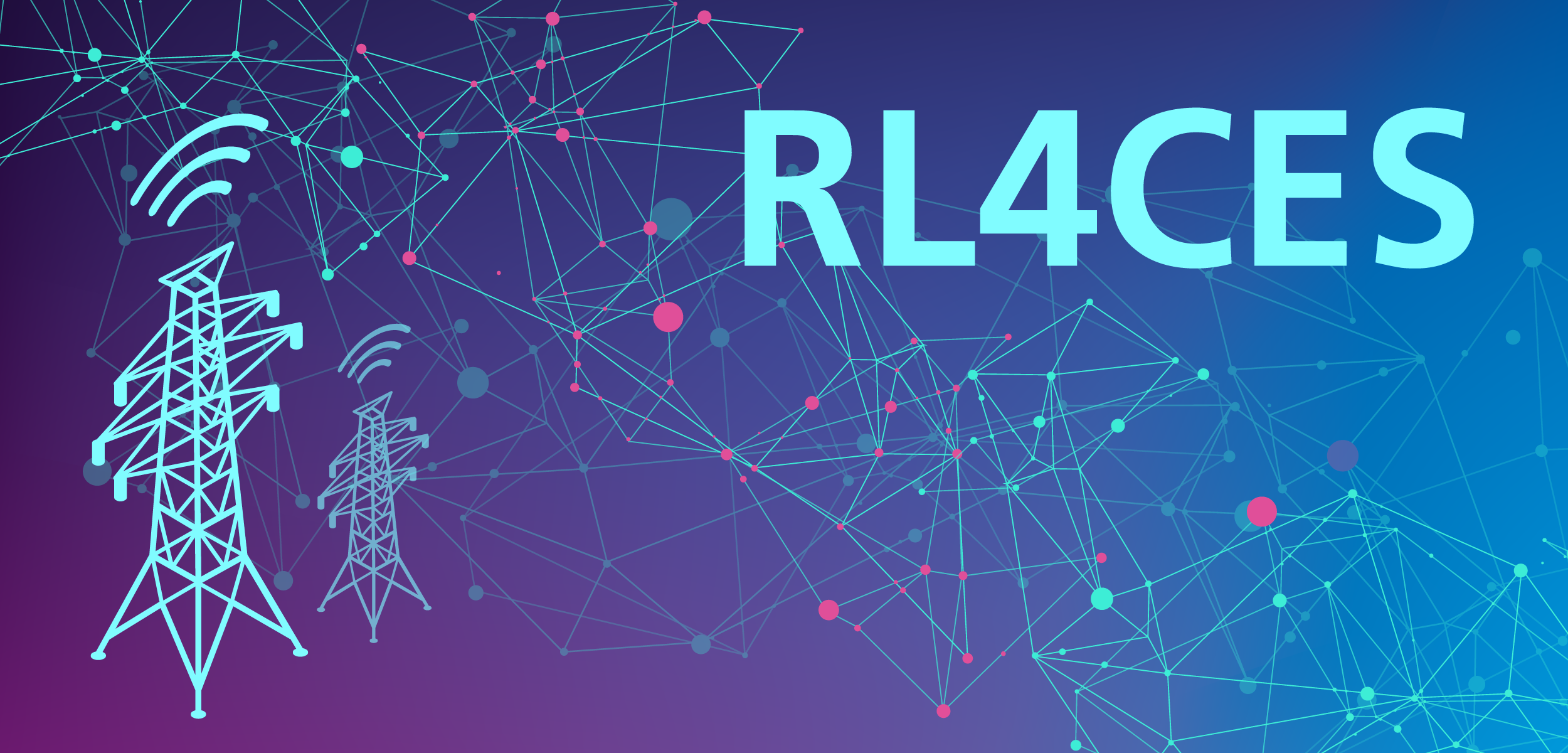
Reinforcement Learning for Cognitive Energy Systems
Advancing Reinforcement Learning in the Energy Industry
We, the junior research group, RL4CES - Reinforcement Learning for Cognitive Energy Systems,aim to realize the potential of Deep Reinforcement Learning (Link DRL) in the context of the energy system.
With our Research we seek to make Deep Reinforcement Learning safer, more effective and more cost-effective for the energy industry and thus make a significant contribution to a stable and resilient energy system.
The focus of our application is on the topics of automated grid control and automated energy trading.
News-Feed
- Publication accepted at ECML 2025Unser Paper Learning Topology Actions for Power Grid Control: A Graph-Based Soft-Label Imitation Learning Approach von Mohamed Hassouna, Clara Holzhüter, Malte Lehna, Matthijs de Jong, Jan Viebahn, Bernhard Sick und Christoph Scholz wurde bei der European Conference on Machine Learning 2025 akzeptiert. Abstract: The rising proportion of renewable energy in the electricity mix introduces significant… Publikation akzeptiert bei ECML 2025 weiterlesen
- Publication accepted at ETG Kongress 2025Our paper Graph Neural Networks for Grid Control: Prospects in AI-assisted Transmission Grid Operation by Clara Holzhüter, Pawel Lytaev, Marcel Dipp, Mohamed Hassouna, Kurt Brendlinger, Jan Viebahn, Wiktor Gegelman and Christian Merz has been accepted for ETG Kongress 2025. Abstract:Transmission grid congestion management and outage planning are critical tasks in modern grid operation due to thenon-linear… Publikation akzeptiert bei ETG Kongress 2025 weiterlesen
- Workshop: Machine Learning for Sustainable Power SystemsThe workshop Machine Learning for Sustainable Power Systems (ML4SPS) brings together scientists from the fields of machine learning and energy systems at the European Conference of Machine Learning. Researchers and users can share their knowledge and experience in the fields of renewable energy systems, grid management and machine learning and thus benefit from the expertise of the community. Two leading experts [...]… Workshop: Machine Learning for Sustainable Power Systems weiterlesen